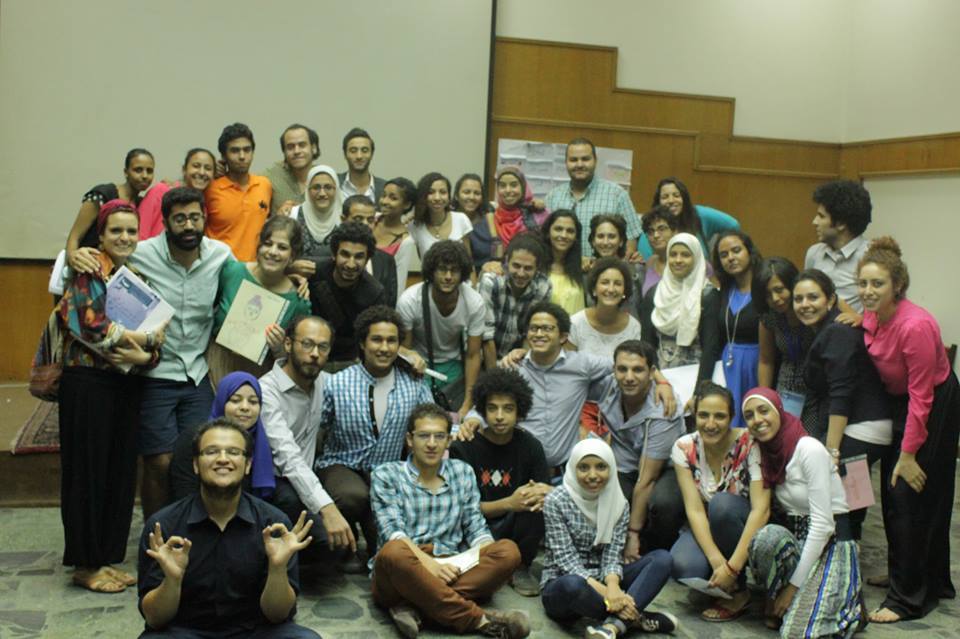On 10 August, the Cairo Institute for Human Rights Studies commenced its 21st annual human rights summer school. The summer school lasted for three weeks and saw the participation of students from different governorates including Cairo, Alexandria, Port Said, Monufia, Qalyubia, Minya, Beheira, Gharbia, Fayoum, and Sharqia. A number of students from other countries also participated. All together 45 students took part in the summer school course.
The course was made up of 48 training sessions, which included presentations by 40 lecturers and trainers. The course covered topics such as an introduction to human rights, the philosophical and historical roots of human rights, and examined the most important human rights conventions and charters. The course also included lectures about transitional justice, security sector reform, the international protection system of the United Nations, international humanitarian law, and the International Red Cross and Red Crescent Movement.
The course examined significant civil and political rights including the right to live, the right to bodily integrity, the right of association, the right to freedom of expression and opinion, the right to peaceful assembly, and freedom of religion and belief. In addition to this, the course tackled economic and social rights and the international conventions related to them. It did so through group discussions about the right to education, women’s rights, children’s rights, the rights of the disabled, and refugee rights.
During the course, the participants enjoyed field trips to a number of Egyptian human rights organizations such as the Cairo Institute for Human Rights Studies, the Egyptian Center for Economic and Social Rights, and the Association for Freedom of Thought and Expression. The field trips allowed students to identify the role of these organizations and their working mechanisms.
In five workshops, students were asked, in groups, to identify creative ways of promoting human rights culture, including through the art of storytelling, street theater, stop motion, photography and documentation, and through music (specifically choir singing). After each group chose the art form through which they would promote a human right, they received specialized training on that particular art form.
In the final session, each group presented their works of art, and the participants and organizers discussed the most significant aspects of the training content, and ways of developing them. At the end of the course, each student was presented with a certificate of appreciation.
Since 1993, the Cairo Institute for Human Rights Studies has organized an annual summer school with the aim of spreading the culture of human rights among youth in Egypt and the Arab world. Due to its belief in the centrality of youth in changing the status quo, the summer school has opened its doors over the past twenty years to successive generations of students who seek knowledge and dream of change, as well as to human rights defenders, activists, politicians, journalists, researchers, and others.
Share this Post

